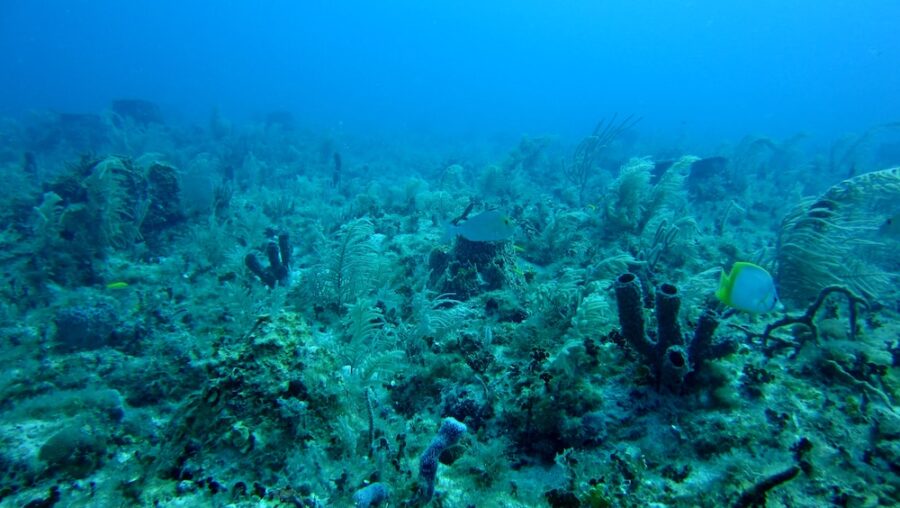Hottest Ocean Temperatures In 400 Years Destroying Natural Wonder Of The World

We have all heard many stories at this juncture about the dangers of climate change and how it is altering the world in ways that are killing off species and hurting the environment. So it is probably little surprise that there is now another such story to tell, though this time it is impacting one of the world’s most famous natural wonders. Scientists have said that due to the record-high rising temperatures in the ocean, the Great Barrier Reef is being killed off, and it may not be much longer until it is gone.
Reaching A 400-Year Old Record

The study done on the current state of the Great Barrier Reef reveals that the last time in recorded history that the oceans in the area were this hot was around 400 years ago. The researchers found the surface water temperature is currently 0.34 degrees Fahrenheit above the previously known record high. Naturally, these are not the conditions life in this area has adapted to, and it is taking its toll on the ecosystem.
A One Of A Kind Location

The Great Barrier Reef specifically is comprised of the world’s largest collection of coral reefs, spanning as long as 1,400 miles and an area beyond 134,000 square miles. Located in Queensland, Australia, it is one of the most significant tourist attractions that draw people to the area. But the rising ocean temperatures are showing clear signs of doing immense damage to the coral.
The Coral Is Slowly Dying

Scientists say that these record temperatures are causing the Great Barrier Reef to undergo coral bleaching. This is a phenomenon that occurs when heat or pollution makes it unsustainable for the coral to retain its algae, which is its main source of sustenance. Under harsh conditions, the coral loses its algae, thereby also losing its colorful appearance. However, the transformation into white coral is not just aesthetically jarring but also an indicator that the coral is dying.
Might Start To Heal

Benjamin Henley is a paleoclimatologist at the University of Melbourne, Australia, and he did not mince words about the current state of the Great Barrier Reef. “The world is losing one of its icons,” he said. “We will sadly see the demise of one of Earth’s most spectacular natural wonders.” However, while Henley speaks about the issue as if it is an inevitability if things continue on their current course, he still retains hope that this is reversible.
Like many issues caused by climate change, it is believed that the Great Barrier Reef could indeed begin the process of healing itself provided there is alleviation from the current conditions. Scientists say that provided the ocean temperatures do not rise any higher, the damage to the ecosystem could be reversed and potentially recover.
A Tipping Point For The Great Barrier Reef

We have long heard about the harm that things like carbon emissions are doing not only to the environment in general, but even to people’s well-being. However, progress is slow for instituting policies that change the way companies operate so that emissions can be decreased. Scientists make it clear that for environmental wonders like the Great Barrier Reef, there is no time to spare to adapt to climate change.
“There is a glimmer of hope,” Henley said regarding the fate of the Great Barrier Reef. “We have everything we need to solve this problem. We just aren’t doing it. We need to act so much quicker.”
The actions in the coming years may quickly determine whether hope is lost for the Great Barrier Reef. And if progress continues moving in the direction that it is, time will tell if this is the last environmental wonder we could lose.
Source: Nature













Login with Google